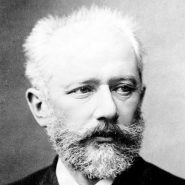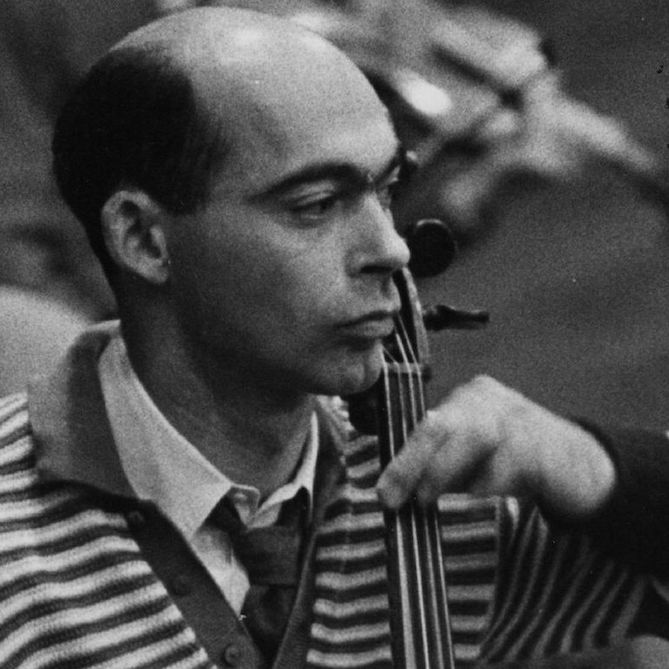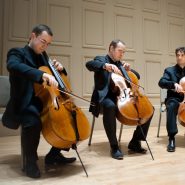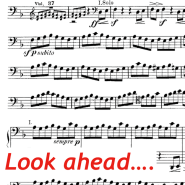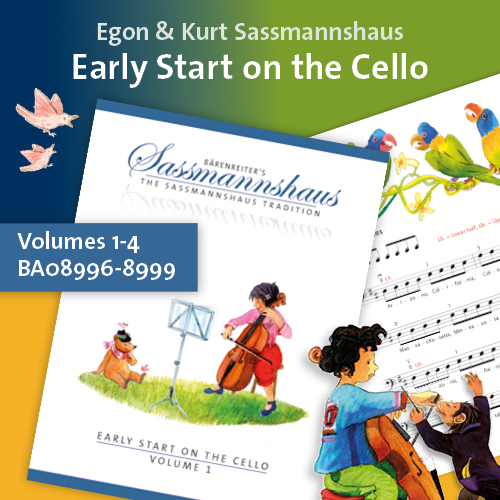Tag: virtuoso

By Blogmaster September 10, 2013
Subjects Artists
Tags artist, Bloomington, cellist, cello, cellobello, confidence, elegance, expression, Gwen, Hungarian Cellist, Indiana, Indiana University, Janos, Janos Starker Memorial, legacy, legend, Memorial, Musical Arts Center, musician, performer, Preucil, Remembering Janos Starker, soloist, Starker, survivor, teacher, virtuoso
By Robert Battey September 8, 2013
Subjects Repertoire
Tags Achilles’ heel, alterations, Battey, cello, charming, composer, compositions, creativity, difficulty, effects, experimenting with rosin, flawed works, glissando, gummed-up fingers, increased tension, Leopold Auer, lyrical, master, melody, modern artists, musical transitions, opening material, options, Pezzo Capriccioso, Piatigorsky, recordings, repeated notes, robert, Rococo Variations, rosin, Rostropovich, sections, sections of music, show piece, sticky problem with shifting, Tchaikovsky, transitions, trill, virtuoso
By Blogmaster August 1, 2013
By Blaise Dejardin February 2, 2013
Subjects Artists
Tags arrangements, backstage, Blaise, Boston, Boston Cello Quartet, Boston Symphony Orchestra, Boston Youth Symphony Orchestra, BSO, cello, cellobello, change of concept, classical music, comedy, compositions, concert, Dejardin, fun classical music, generations, jazz, making a living, musical comedy, musical styles, new arrangements, orchestra playing, orchestral musicians, Ozawa Hall, quartets, repertoire, rotating chairs, skype, strange concepts, structure, success, Tanglewood, Tanglewood Cello Ensemble, Tanglewood on Parade, Tanglewood Shed, tango, virtuosic music, virtuoso
By Robert Battey January 1, 2012
Subjects Practicing
Tags ability, Battey, cello, cellobello, chamber music, ensemble, Observation, Practice, Rhythm, robert, sight-reading, success, Technique, virtuoso
